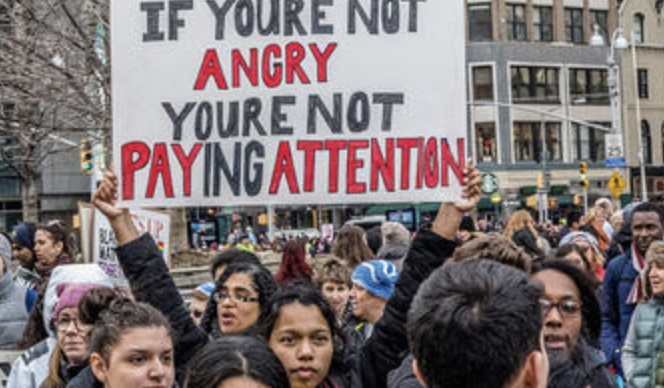Imagine working your whole life to achieve “the dream.” Everyone’s dream is different. It might be a dream job, athletic career, or familial, but its powerful attraction remains the same. Now, imagine working your whole life to achieve that dream, but you’re paid less simply because you’re a woman. In simple terms, that is the definition of the pay gap.
The pay gap is referred to as the amount of money a woman makes for every dollar a man earns. Pretty much every country across the globe has a pay gap, but they are often different from place to place based on policies and rules set that might affect that job or title. Now, there are many other factors and calculations done by researchers that show there is more to this pay gap than the discrimination piece, however, nobody has really been able to establish an exact list of what causes this gap. Some might say it’s parental duties in motherhood while others say it’s the extended maternity leave for women that men don’t have the luxury of getting. Either way, many countries across the world have made leaps and bounds ahead of this so-called “great country” to close that gap.
In the country of Rwanda, there had been little progress made in women’s rights events leading up to 2000. Before 1994, they couldn’t speak in public settings or open a bank account with their husbands’ permission along with many other things. In 1994, there was a massacre in Rwanda causing significant losses to the population. According to the Netflix video series on Youtube, up to 800,000 people were murdered in the span of three months. This left the country in shambles, however, it propelled women into the workplace like never before. They were forced to uptake bigger loads and positions of power that wouldn’t have even been open to them three months previous. Along with that, policymakers shifted their thinking to realize that women were essential to their restructuring, passing legislation that basically forced women into higher positions, even within their government. They passed a law that said that 30% of representatives in every level of government had to be women. Now, Rwanda’s parliament has 61% women representatives, which is the highest in the world. Along with that, according to their labor force statistics, women are actually more likely to work outside the home than men. It is because of these aggressive policies and forced rebuild that Rwanda is now farther ahead than most countries with a pay gap of 88 cents to the dollar.
Along with that, other countries are focusing on their equal benefits to ensure women are being equally treated in the workplace. In Iceland, there were policies set to ensure that men and women were both forced into their maternity or paternity leave, ensuring that previous cultural norms weren’t being enforced and that there wasn’t extra opportunity for men to advance in the workplace. Both are guaranteed three months of leave that they are basically required to use, and this ensures that the previous standard of mothers as the caregivers of a family is not being upheld. Since this law went into effect, the Icelandic pay gap has closed to 90 cents on the dollar. This policy could help all around the world because research being done shows that the systemic reason for the pay gap comes partly from the expectation that women will take maternity leave and take on the role of parenthood more than a man will. Employers look and see that their staff member might be gone for three months, justifying the idea that they deserve less pay because they get that extra time off anyway. It isn’t right, but it’s the normal societal way of thinking, no matter what a woman’s personal or professional goals or wants might be.
Overall, there are so many leaps and bounds being made all over the world that we as a country have yet to catch up on. Some may say that this gap can never be closed, but how can that statement be justified when there are many all over the globe that are closing their gap at an exponential rate. When it comes to this subject, everyone’s first response is “equal pay for equal work,” but what if that mindset shifted and became “equal pay for equal expectations?” This is a societal mind shift that needs to take place, in the fact that women should have the same expectations as men in parental duties, promotional opportunities, etc., which completely invalidates the idea of a pay gap at all.















